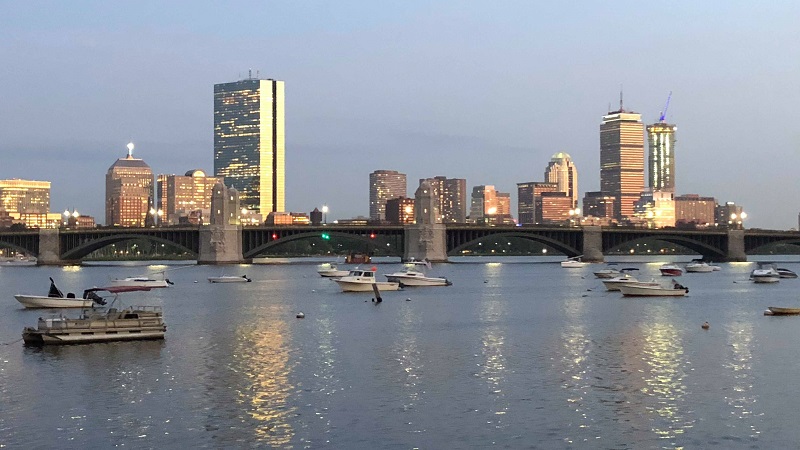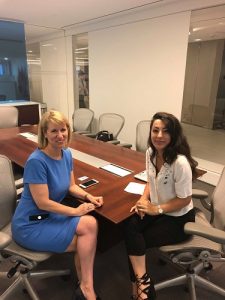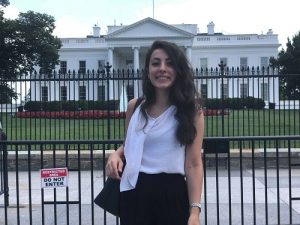
U.S. and Russian Arctic Policy in Boston
By Rabia Kalfaoğlu, Ph.D. Student, Moscow State University
My Ph.D. dissertation is about Russian Arctic energy policy. For a long time, I have been planning to go to the United States to conduct comparative research on “U.S.-Russian energy policies in the Arctic Region”. At first, it was hard to find an opportunity to travel to the United States. Then, I met Professor Alan Henrikson at a conference in Norway. Thanks to him, Professor Paul Berkman, and Arik Burakovsky, I got a chance to come to Boston from June 15 through August 22, 2018. They invited me to The Fletcher School for summer study to conduct research related to my Ph.D. dissertation on the Arctic. I was provided access to the facilities of The Fletcher School, including the records and electronic resources of Edwin Ginn Library. These resources were invaluable while conducting research for my doctoral thesis.
In addition to conducting my Ph.D. dissertation research, I had the opportunity to interact with the faculty of The Fletcher School, attend weekly Science Diplomacy Center team meetings, and attend events in Boston and Washington, D.C. I conducted interviews as well as informal talks with experts and policy practitioners in these cities. In Boston, I interviewed Professor Paul Berkman, who is well-versed in science diplomacy. When I traveled to Washington, D.C., I interviewed Heather A. Conley, Senior Vice President for Europe, Eurasia, and the Artic and Director of the Europe Program at the Center for Strategic and International Studies (CSIS), about the field of Artic energy policies of the United States and Russia.
I also attended the event “U.S.-Russia Relations after Helsinki” at the Davis Center for Russian and Eurasian Studies at Harvard University, a roundtable discussion on the latest developments in U.S.-Russia relations. In Washington, D.C., I attended the events “What is the Future for America’s Alliances?” and “Global Leader Forum, Ricardo Lagos, former President of Chile” at CSIS and “China Environment Forum” at the Woodrow Wilson International Center for Scholars. I found each of these events valuable and had many terrific personal interactions with experts at each of these institutions.
I am very grateful to Professors Henrikson and Berkman and to Arik for their support. It was an incredible opportunity for my graduate studies and to grow my professional skills.



